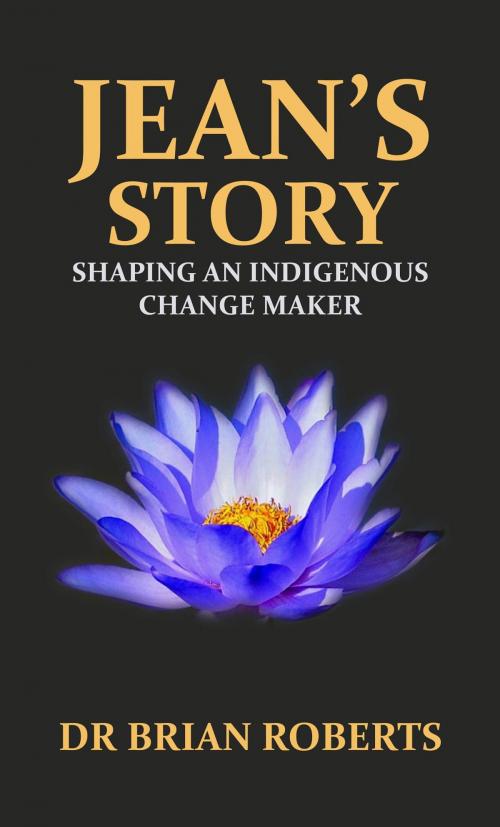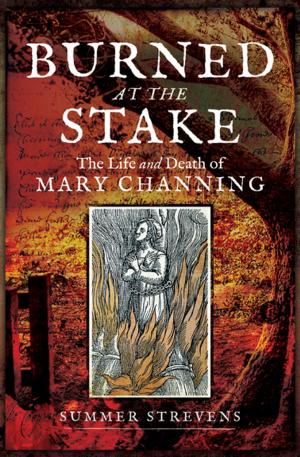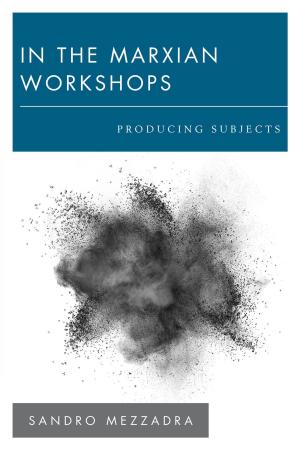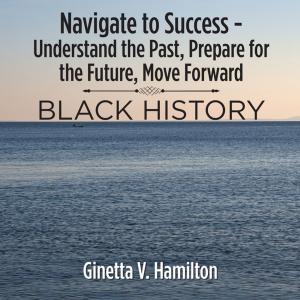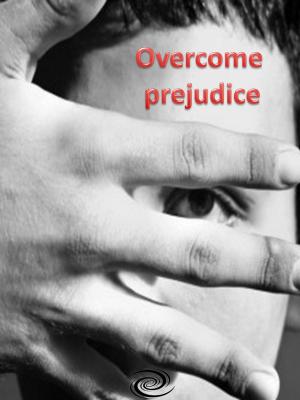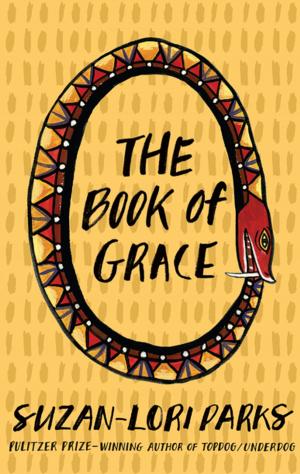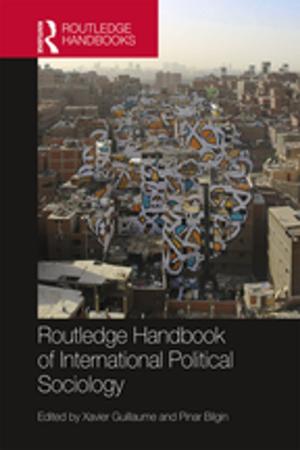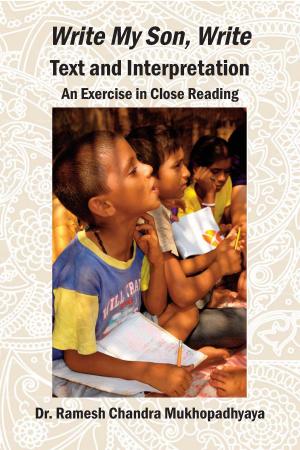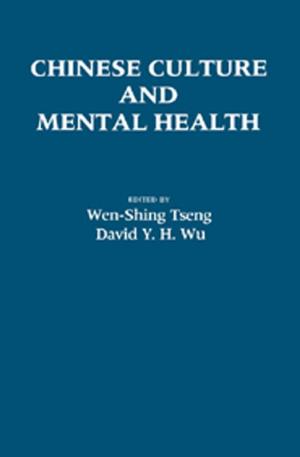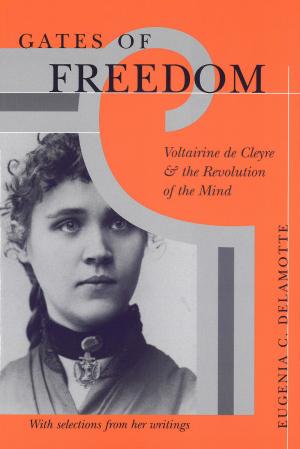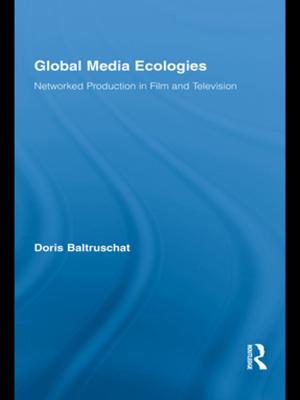Jean's Story
Biography & Memoir, Political, Nonfiction, Social & Cultural Studies, Social Science, Cultural Studies| Author: | Brian R Roberts | ISBN: | 9780995382459 |
| Publisher: | Dr Brian Ross Roberts | Publication: | February 19, 2018 |
| Imprint: | Brian Ross Roberts | Language: | English |
| Author: | Brian R Roberts |
| ISBN: | 9780995382459 |
| Publisher: | Dr Brian Ross Roberts |
| Publication: | February 19, 2018 |
| Imprint: | Brian Ross Roberts |
| Language: | English |
Jean Mungken is commited to helping her remote community as an indigenous health worker. The limits of what she is able to achieve in this role soon show and Jean chooses to further her studies at a post graduate level. She is soon caught between her lecturers and a grumpy South African former academic, as she tries to navigate the processes, policies and politics of academia to undertake a research project centred largely on her home, the vast savannah-clad Cape York Peninsular in Far North Queensland which has been an indigenous policy-free zone since settlement in 1860. Jean soon finds herself adrift between who she believed herself to be and who she is becoming.
Jean’s narrative is constructed to examine the narrow egotism of senior academics, the shallowness of bureaucratic grantsmanship and the pretence at objectivity of the research fraternity. In doing so, it exposes the complexities of socio-economic land-use planning within the contested racial politics of the Cape region. Jean’s idea of introducing Forgiveness Day, offers a useful case study in the current state of Australian racism, challenging the implied importance of living on country and speaking ‘language’. It is also a close up look at the nature and role of identity in navigating the process of transition.
Jean’s Story is based on a true story, intersecting with the author’s life-long experience of tertiary students and his interaction with tribal people in transition. Jean’s narrative challenges the existing racial stereotypes by repeatedly revisting the old Nature-Nurutre debate on genetic potential and experiential capacity.
Jean Mungken is commited to helping her remote community as an indigenous health worker. The limits of what she is able to achieve in this role soon show and Jean chooses to further her studies at a post graduate level. She is soon caught between her lecturers and a grumpy South African former academic, as she tries to navigate the processes, policies and politics of academia to undertake a research project centred largely on her home, the vast savannah-clad Cape York Peninsular in Far North Queensland which has been an indigenous policy-free zone since settlement in 1860. Jean soon finds herself adrift between who she believed herself to be and who she is becoming.
Jean’s narrative is constructed to examine the narrow egotism of senior academics, the shallowness of bureaucratic grantsmanship and the pretence at objectivity of the research fraternity. In doing so, it exposes the complexities of socio-economic land-use planning within the contested racial politics of the Cape region. Jean’s idea of introducing Forgiveness Day, offers a useful case study in the current state of Australian racism, challenging the implied importance of living on country and speaking ‘language’. It is also a close up look at the nature and role of identity in navigating the process of transition.
Jean’s Story is based on a true story, intersecting with the author’s life-long experience of tertiary students and his interaction with tribal people in transition. Jean’s narrative challenges the existing racial stereotypes by repeatedly revisting the old Nature-Nurutre debate on genetic potential and experiential capacity.
